Our company has manufacturing experiences dating back to 1970 and over the years we have grown into an international supplier of bolts.
With more than 130,000 commercial and industrial grade fasteners in inventory, our wide distribution network is positioned to get you the parts you need fast. Whether we’re keeping your bins full with a Vendor Managed Inventory Program or rushing emergency replacement parts with 24-hour on-call service, you’ll know that we’ve got you covered. Our HQ’s quality system is certified to AS9120 ...
As a distributor, Blue Ribbon Fastener offers a variety of industrial bolts including carriage bolts, elevator bolts, lag bolts, stripper bolts, plow bolts, hanger bolts, elevator bolts, stud bolts and toggle bolts. Custom and standard products are available in virtually any material.
Here at Eagle Fastener Corporation, we stand proudly as a trusted leader in the realm of bolts, offering a comprehensive array of products, services, and capabilities to cater to the diverse needs of our esteemed clientele. With an unwavering commitment to excellence and extensive expertise in bolt manufacturing, we are poised to deliver innovative solutions that excel in quality, reliability,...
Connect With Recommended Industrial Bolt Suppliers
Provide us with your project specifications, and we’ll connect you with our network of qualified plating & coating suppliers who can give you a free proposal. Our team has been manually sourcing and curating the best U.S. manufacturers for over 20 years.
Request for QuoteWe're the #1 destination for finding U.S. Manufacturers
More Hex Bolt Manufacturers
Hex bolts are typically a steel or stainless-steel threaded bolt distinguished by their head's six-sided hexagonal form. Hex bolts have high tensile characteristics and hold well under tension. They can be completely or partly threaded (having a visible shaft across their body). Hexagonal bolts are adjustable and versatile fasteners that are useful in various settings and they are able to fasten components made from metal, wood, and several other materials. Hexagonal bolts are a popular type of fastener as a result of these traits and they are particularly used in the construction and industrial industries.
Manufacturing Hex Bolts
Cold Forming
Manufacturers most frequently use a process called cold-forming to create hex bolts. This process requires a machine that typically has a set of three or more dies that sequentially form a metal blank into a desired final shape and dimensions. For cold forming to begin, big steel wire rods are uncoiled and trimmed to length. The metal is left cold and formed into the proper shape using specialized tools. In essence, the steel is shaped while still being left at room temperature by being pushed through a sequence of dies under intense pressure.
A thread-rolling device creates threading into the shaft of the incomplete hex bolt once the cold-forming processes are complete. The hex bolt is then heat-treated to achieve the desired tensile strength and hardness. Finally, the hex bolt may undergo a final zinc coating or hot-dipping procedure to prevent corrosion. The machining process can be extremely complicated, requiring an accuracy of hundredths of millimeters. However, bolts can be made fast, in huge quantities, and with high consistency, thanks to cold forging once the process is mastered.
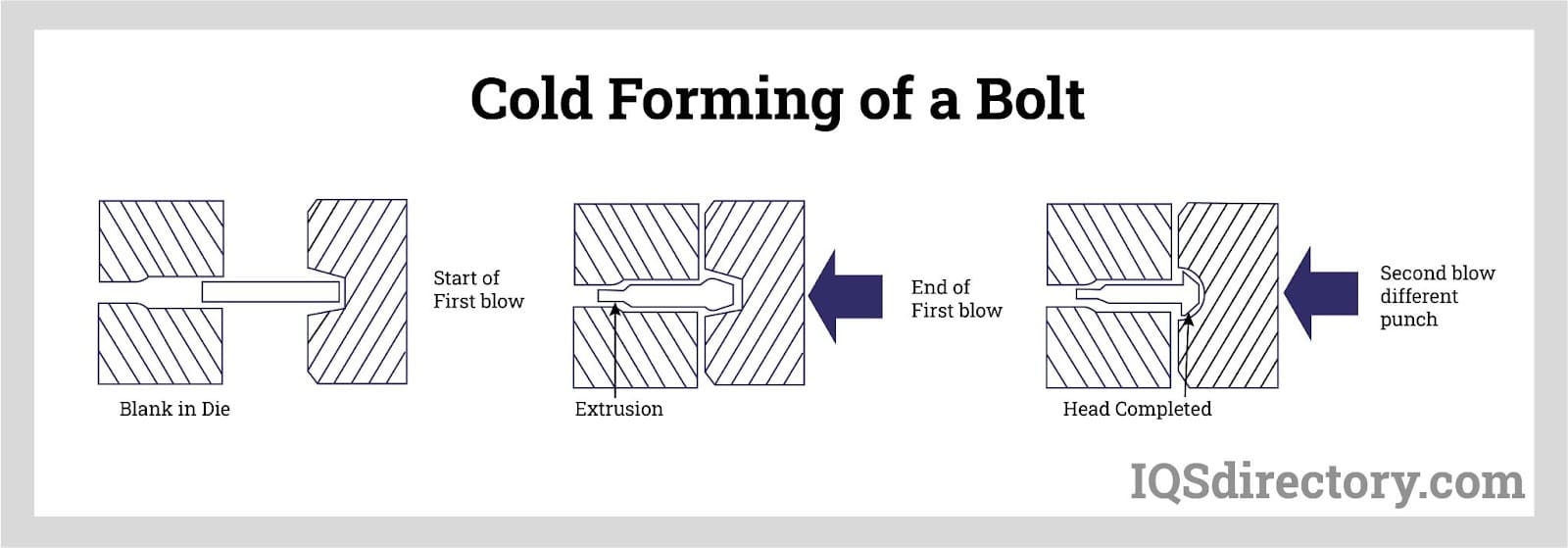
- A hex bolt gains strength during the cold-forming process, also known as work hardening. This strength results because the grain structure of the steel is not altered by cutting or heating; it is shifted. These grains offer strength by accumulating along the part's curves.
- A manufacturer can only produce so many different sizes of bolts using cold forming. The force required to force the steel into the correct shape increases as a bolt's diameter increases.
Hot Forging of Bolts
With hot forging, steel is heated to a state where it becomes pliable and is shaped into a die. Hex bolts are hot forged when a hex bolt’s diameter becomes too large to be effectively produced through cold forging or in cases where the steel material may not be sufficiently pliable through other means.
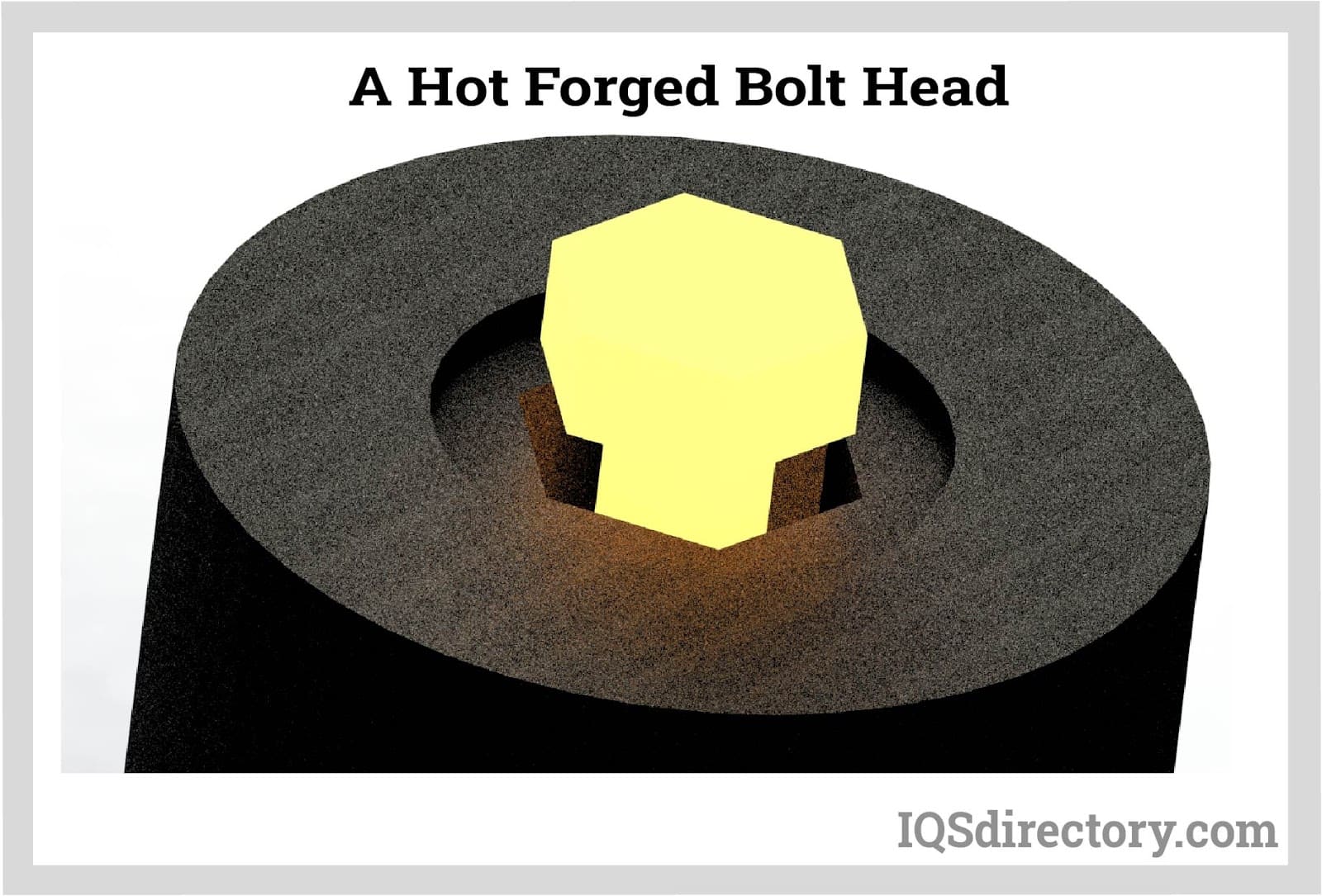
- Steel becomes significantly more ductile when heated past the point of recrystallization, which enables the formation of the pieces under lower pressure. This ductility enables the hot forging of bolts in the majority of sizes. In fact, hot forging is frequently the favored manufacturing technique for large-diameter bolts.
- Similar to how heating steel increases its flexibility, hot forging allows for more shape changes and unusual bolt designs than are able to be produced with cold forming.
Machining Steel Hex Bolts
Steel is removed and cut to the desired specifications during machining.
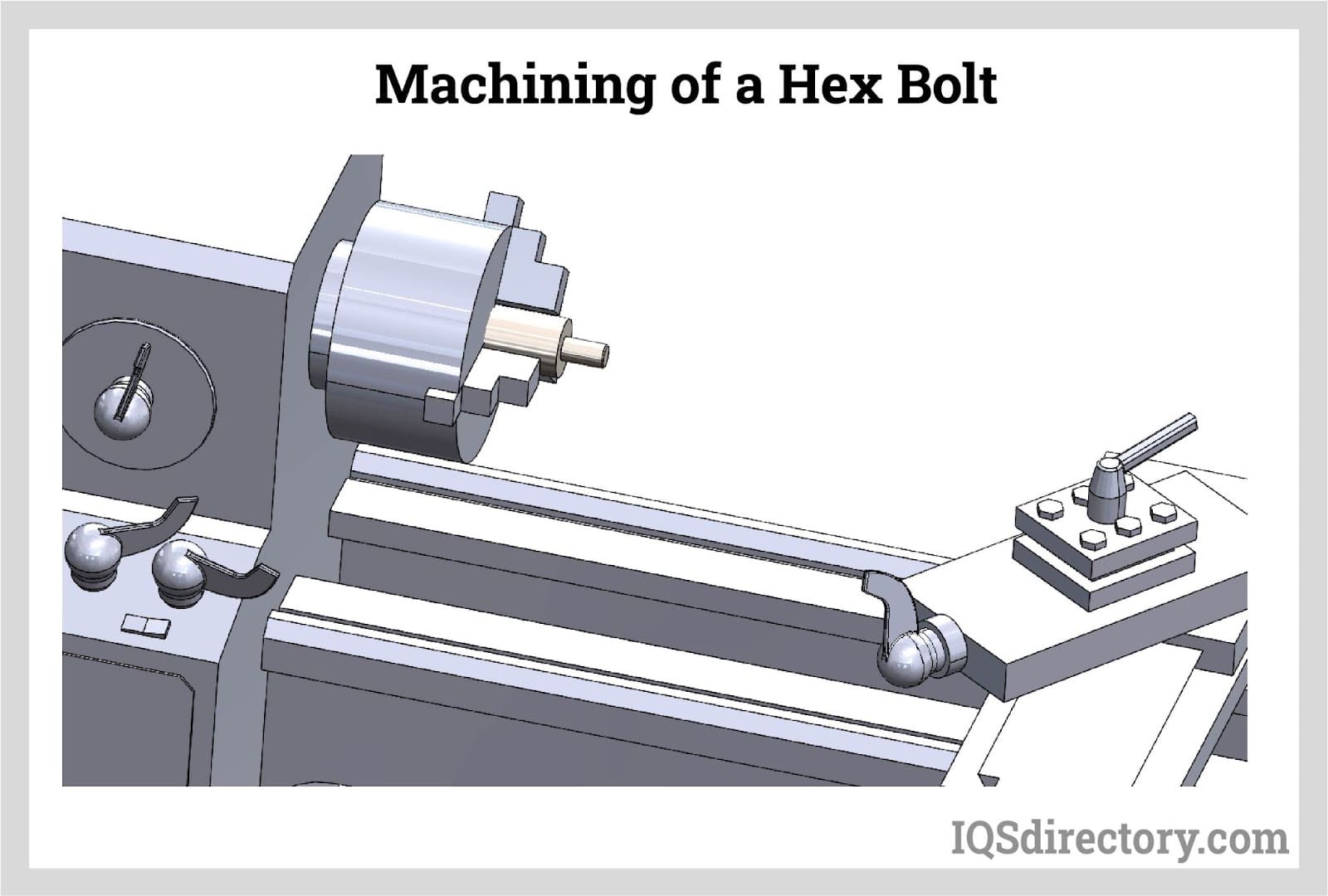
- There are no restrictions on size or shape for machining. As a result, machining is the favored manufacturing technique for elaborately- shaped bolts since this process lets difficult pieces be manufactured relatively quickly.
- A required shape is obtained by eliminating material from a part during machining. The amount of material waste produced by creating a hex bolt through machining is arguably its major drawback.
- Additionally, when material is removed through machining, grain flow is disrupted and work hardening doesn't occur; so, the bolt doesn't gain any additional strength. This lack of strength could be a problem for applications that need durability and high tensile strength.
Types of Hexagonal Bolts
Hex bolts are divided into several classes according to their strength properties and material composition. The hardness and tensile strength of a bolt increase with each grade. Higher-grade bolts are typically utilized in applications that call for stronger fastening. The most common classes, or grades, of hex bolts in the United States are 2, 5, and 8. Metric grading is used outside of the United States.
Grade 8 Hex Bolt
A grade 8 hexagonal head bolt is manufactured from a carbon-steel alloy to achieve the highest level of toughness. These bolts are employed in the military, essential mechanical applications, and the aerospace sector. These bolts offer the dependability needed in applications requiring significant loads and stress because of their higher tensile strength than standard grade 5 fasteners.
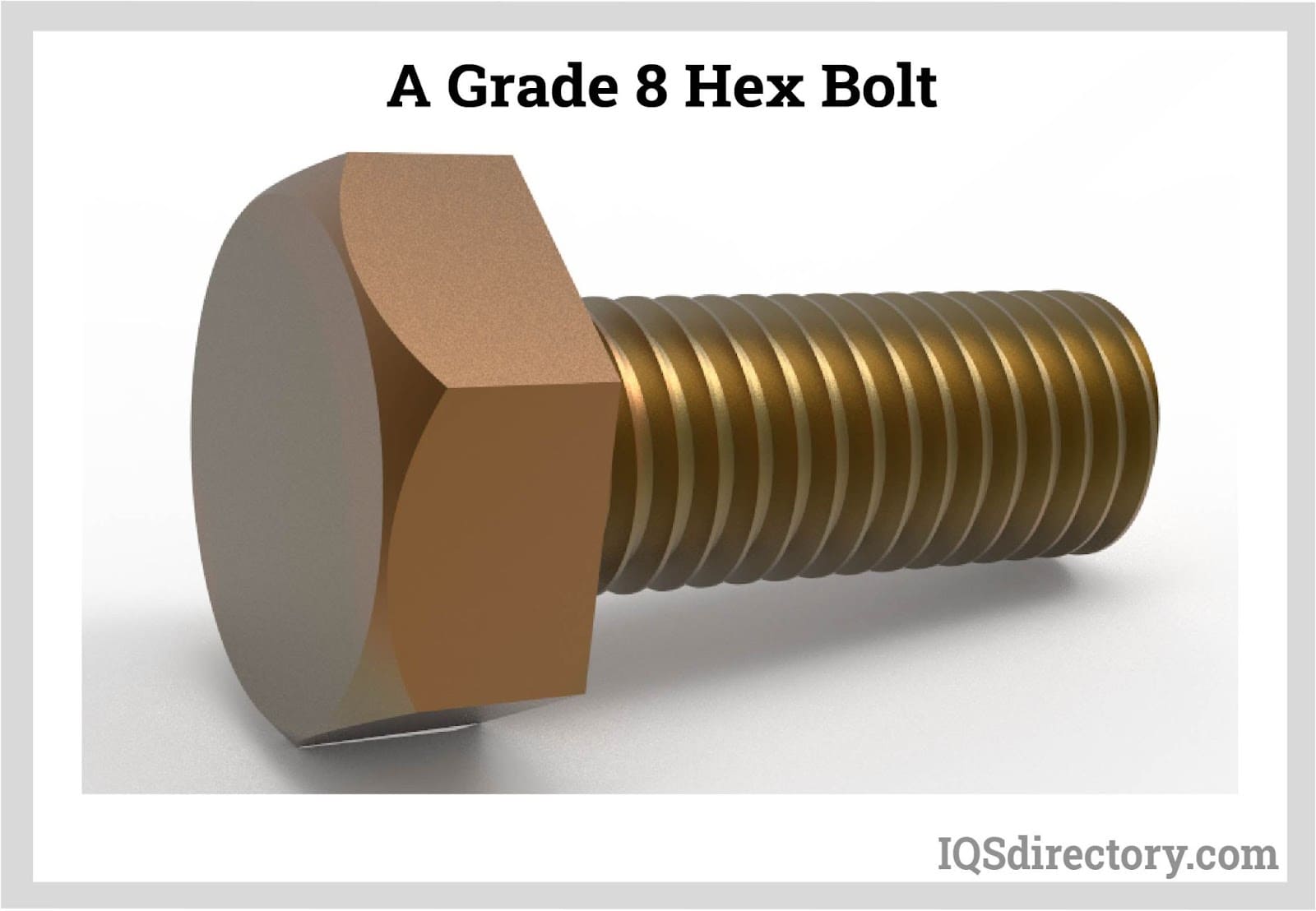
Grade 2 Hex Bolt
Depending on the diameter, grade 2 hex bolts provide lower mechanical properties than grade 8 hex bolts and are made of low- to moderate-strength carbon steel. Engineers frequently employ grade 2 steel fasteners for less-critical joints and applications because of their lower price. When there is a need for applying hexagonal head bolts at joints that aren't subject to high temperatures or a lot of stress, grade 2 hex bolts make financial sense.
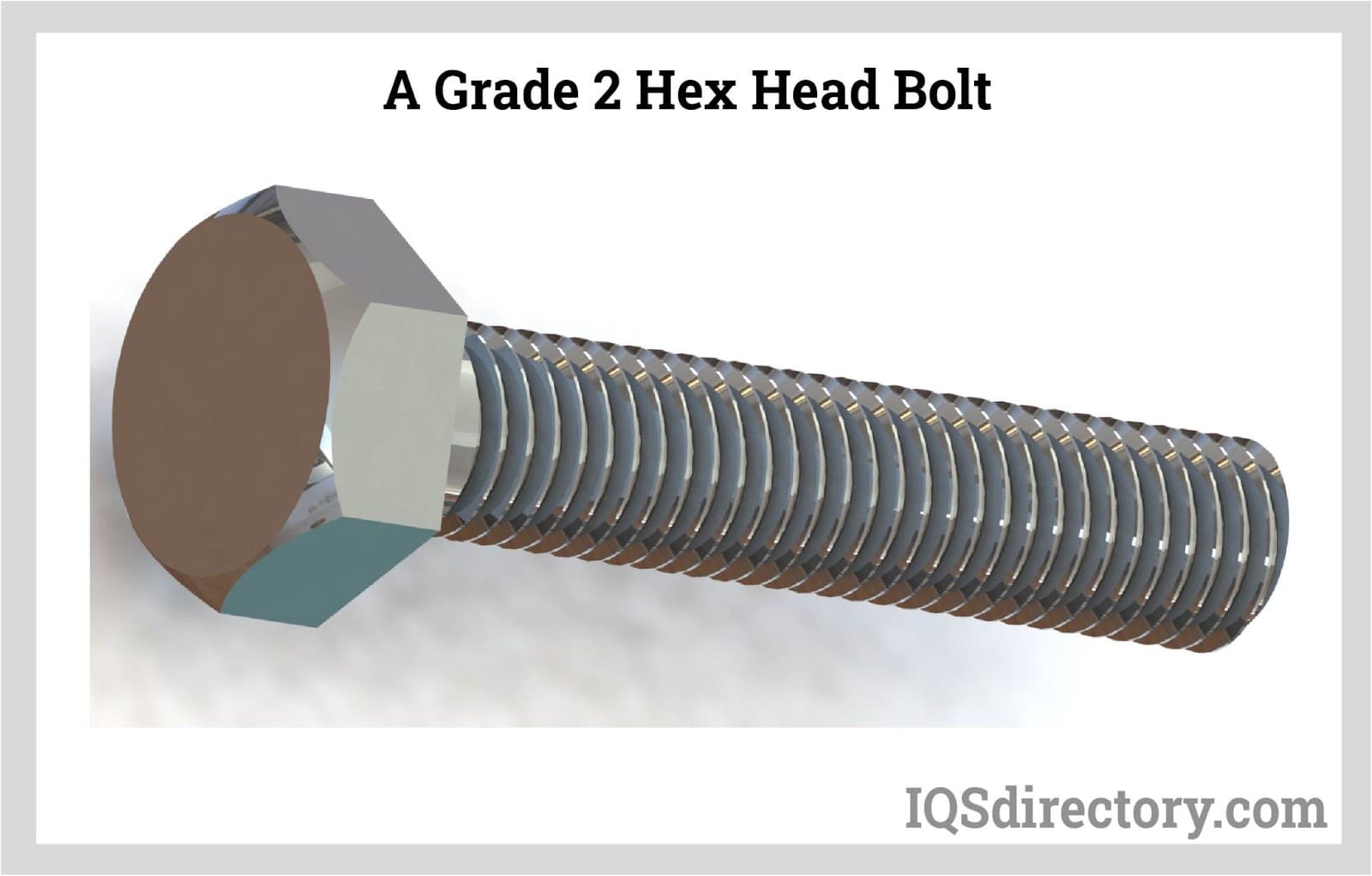
Choosing the Proper Hex Bolt Company
To make sure you have the most beneficial outcome when purchasing Hex Bolts from a Hex Bolt Manufacturer, it is important to compare at least 5 or 6 Suppliers using our list of Hex Bolt manufacturers. Each Hex Bolt Supplier has a business profile page that highlights their areas of experience and capabilities and a contact form to directly communicate with the manufacturer for more information or request a quote. Review each Hex Bolt company website using our proprietary website previewer to get an idea of what each company specializes in, and then use our simple RFQ form to contact multiple Hex Bolt businesses with the same message.
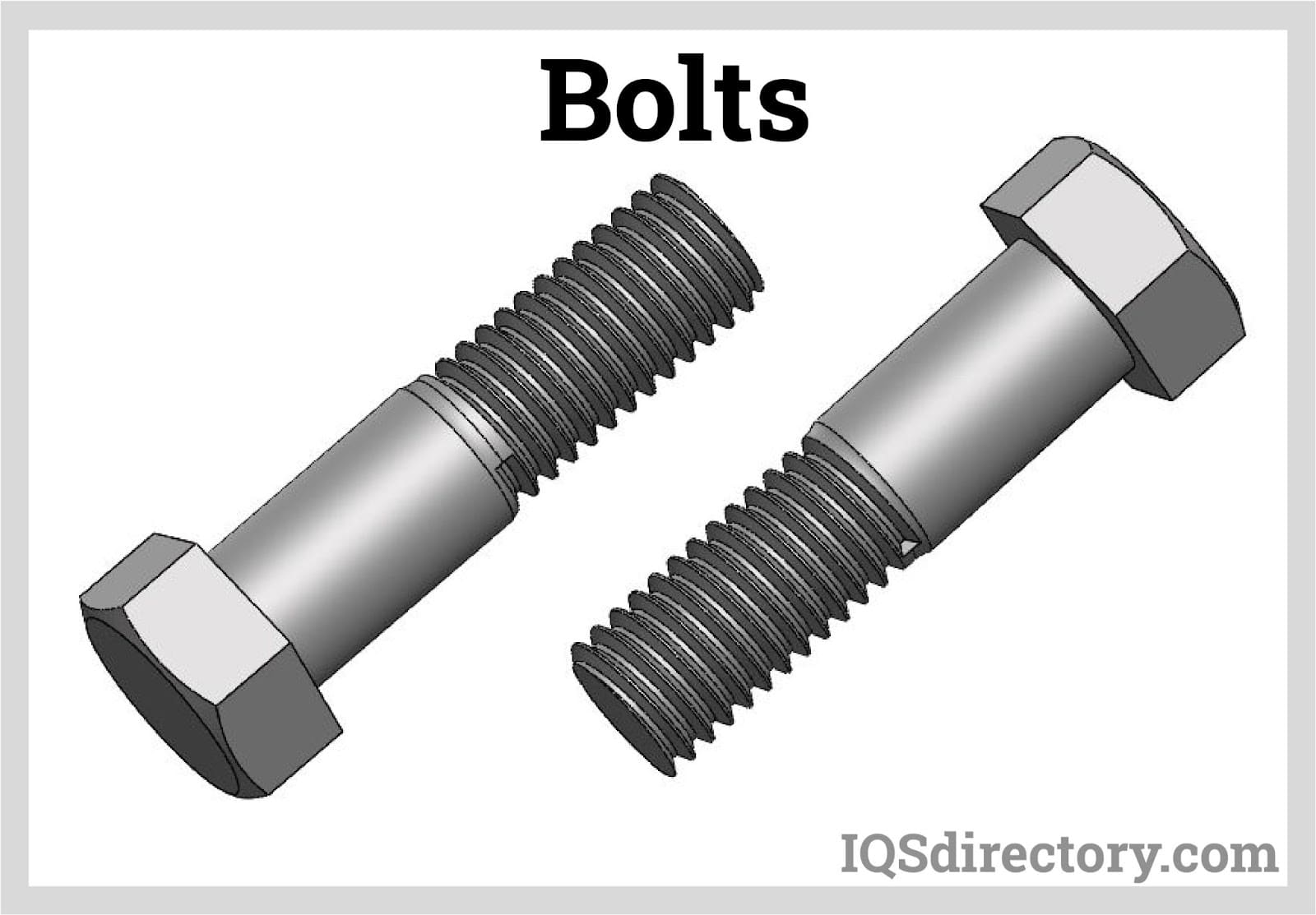
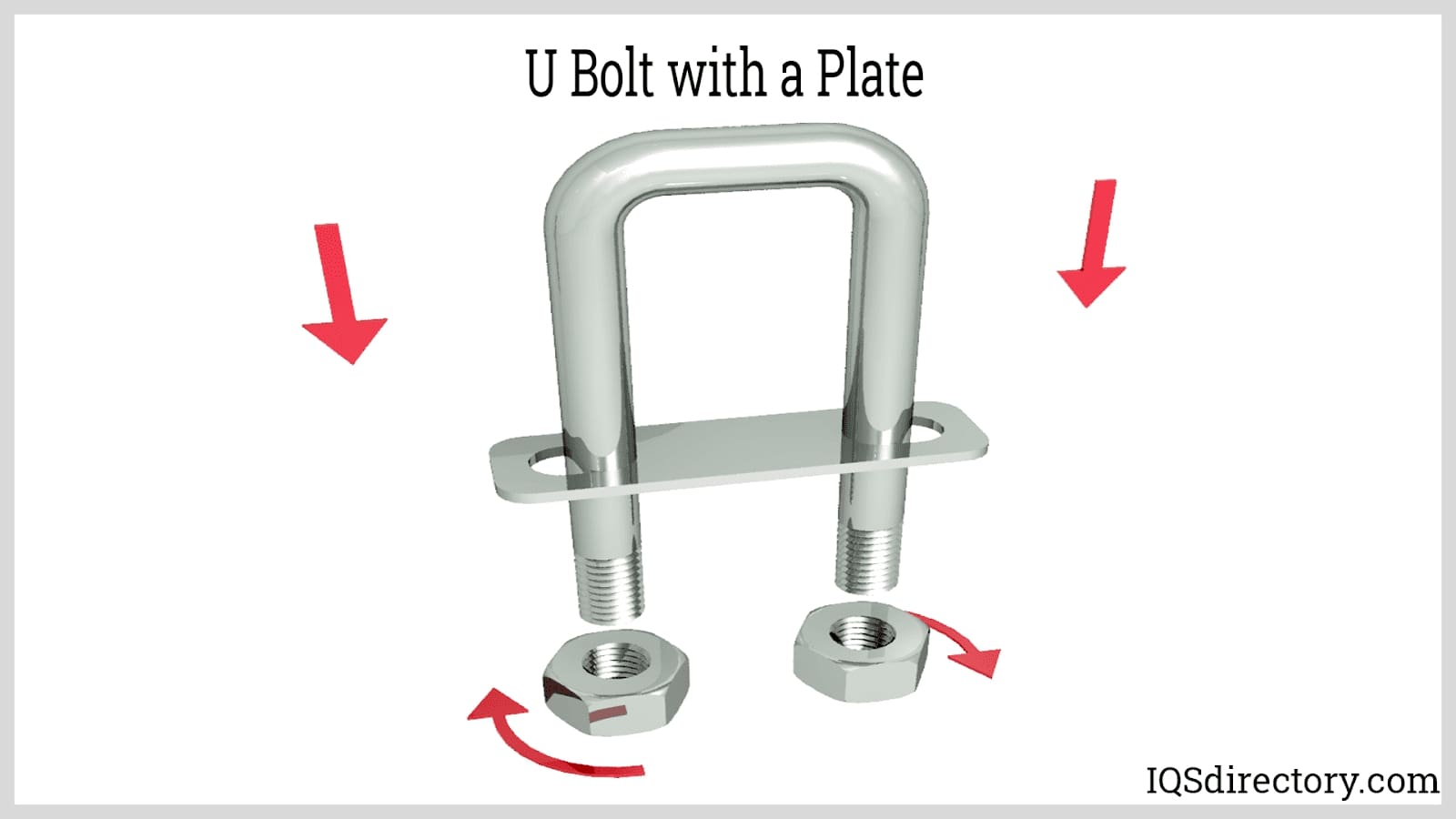
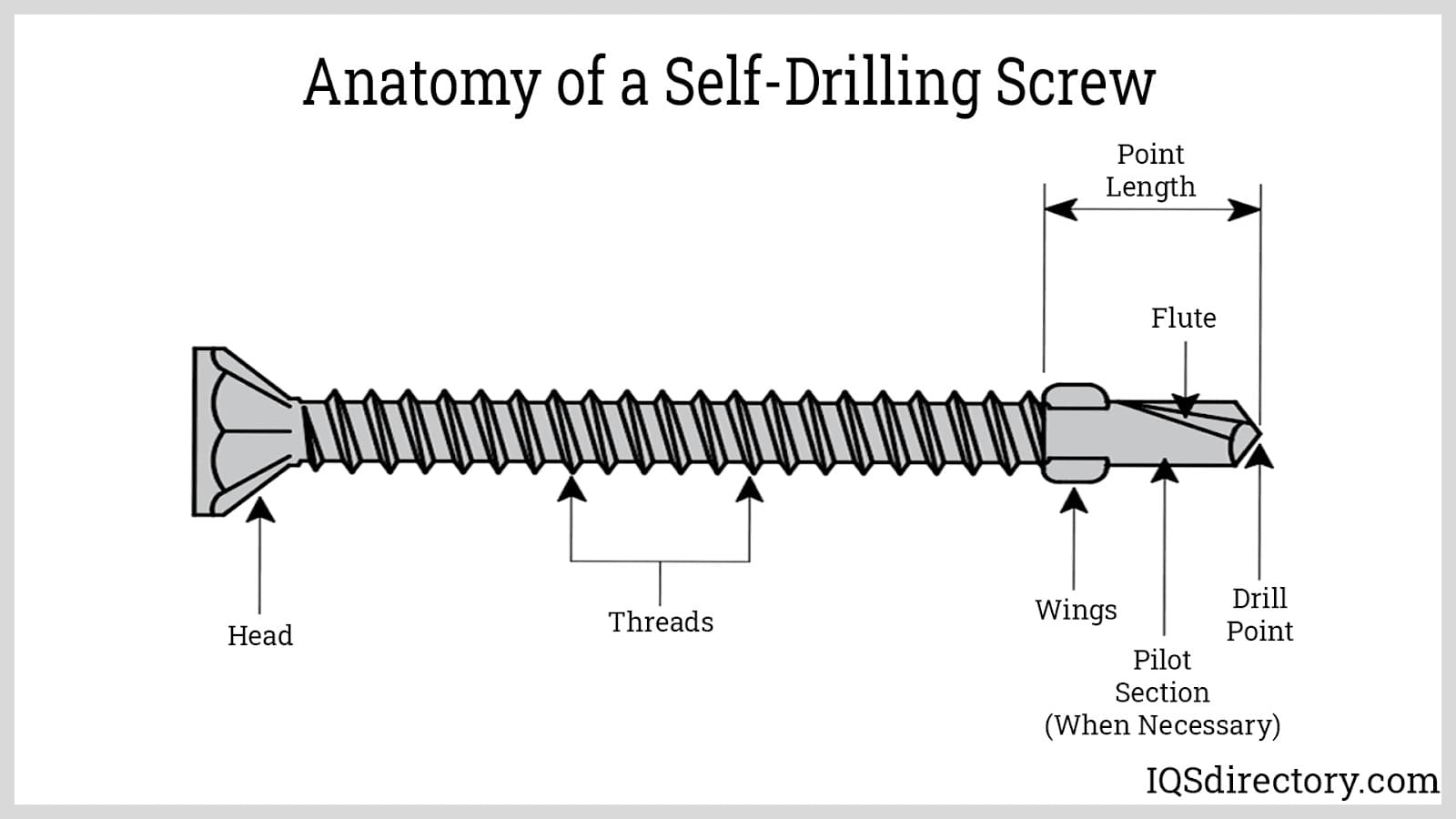
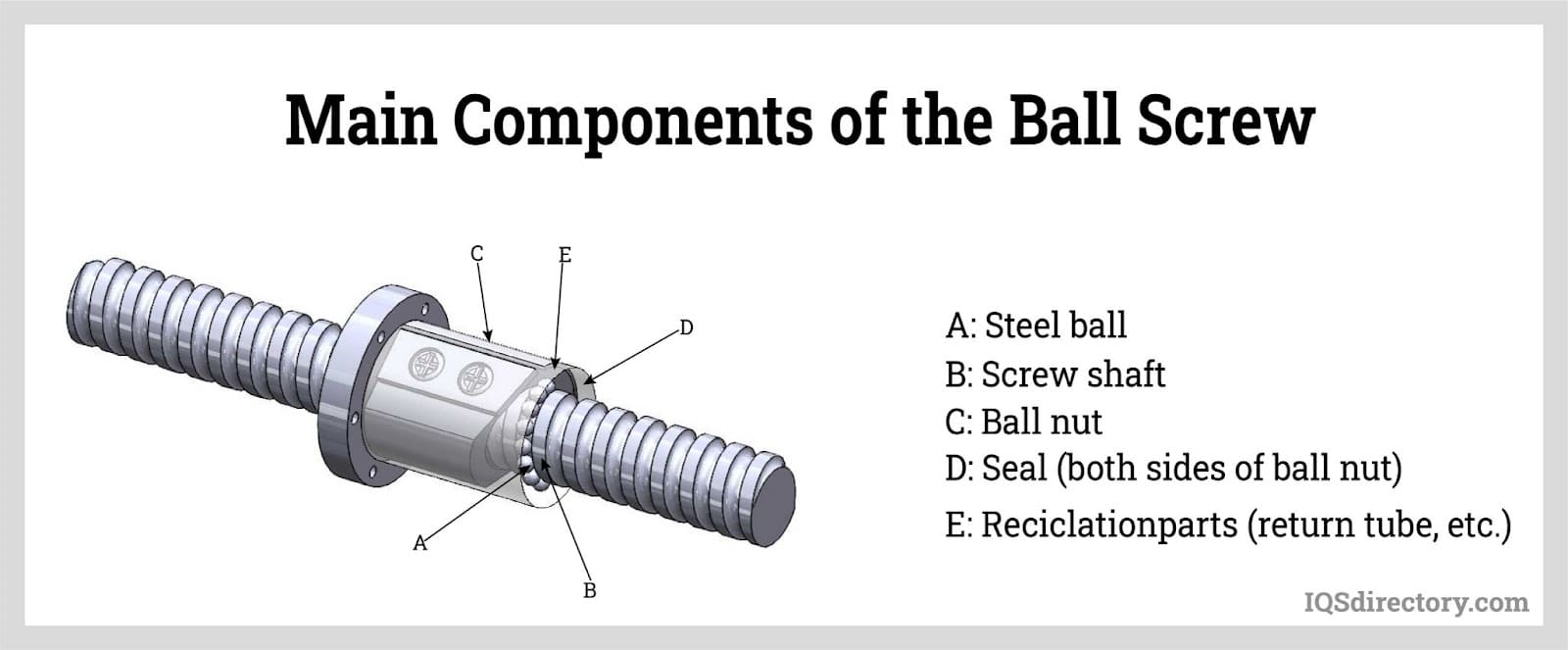
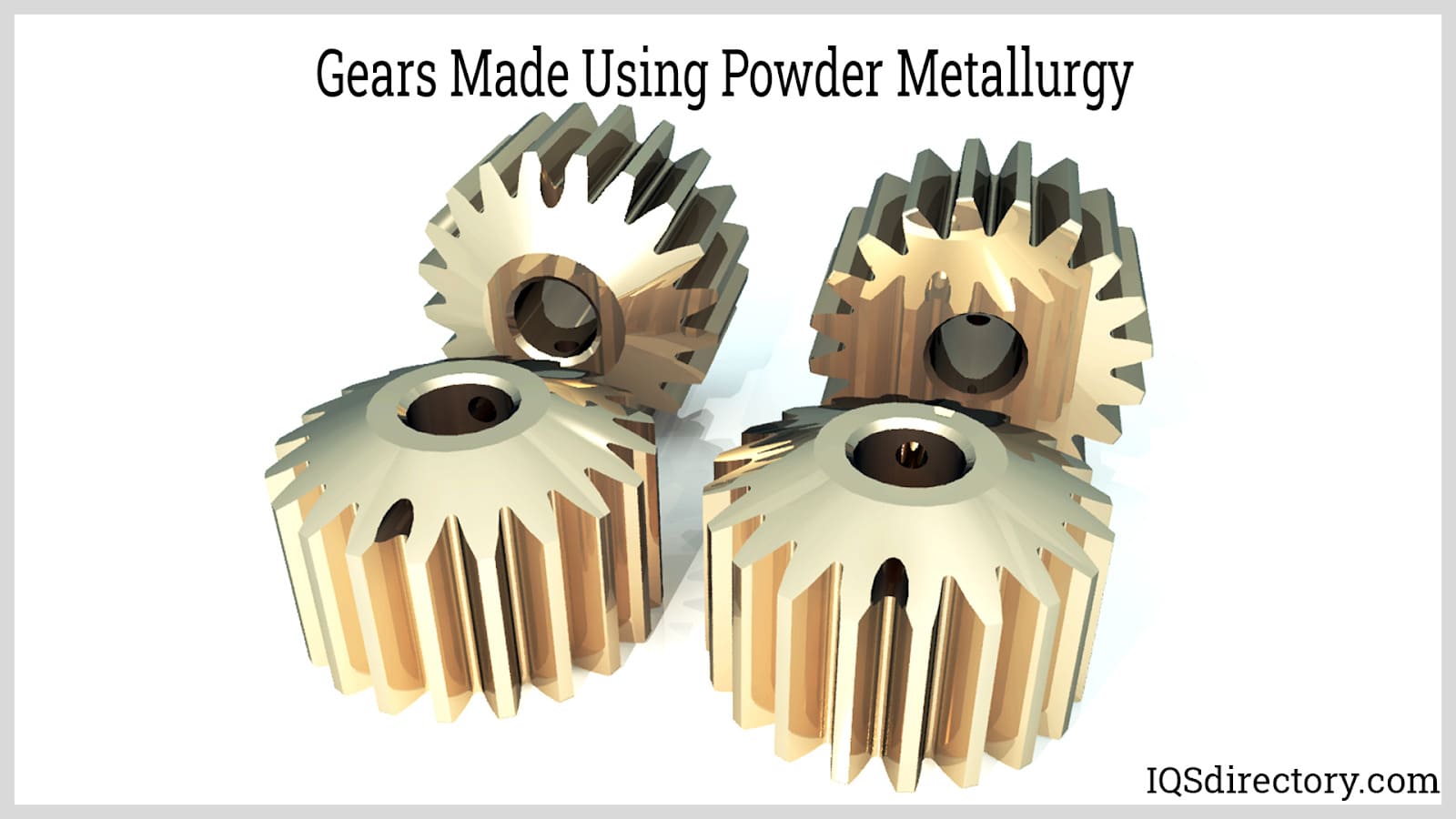
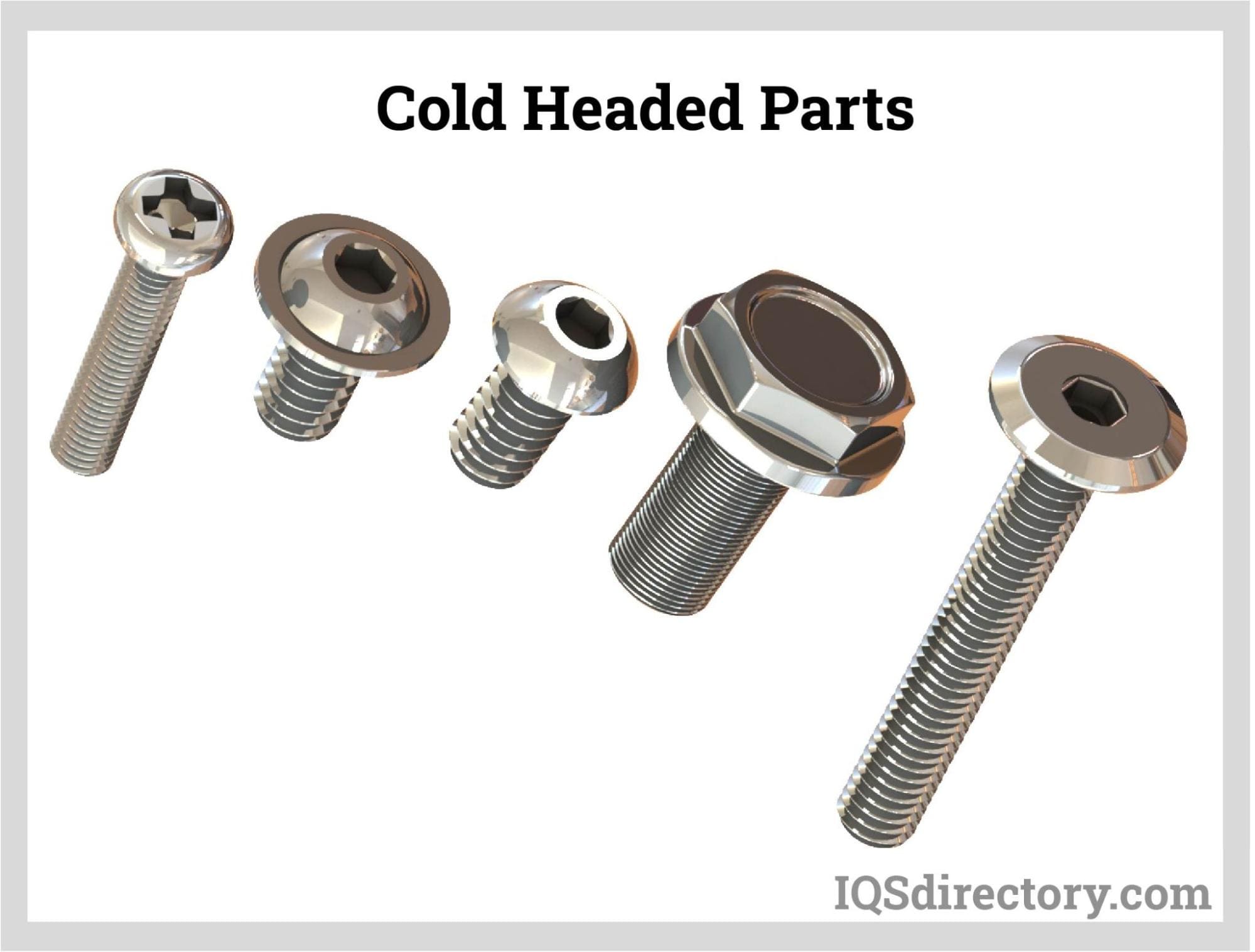
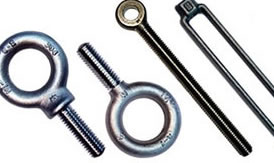 Bolts
Bolts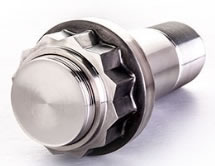 Fasteners
Fasteners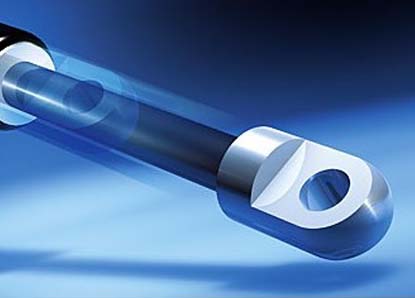 Gas Spring
Gas Spring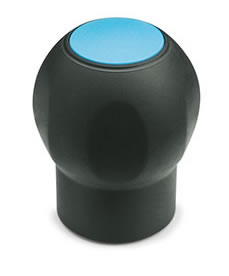 Handles
Handles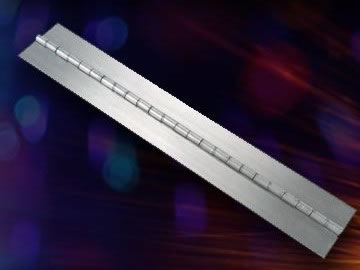 Hinges
Hinges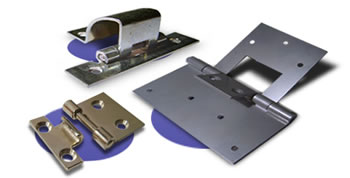 Latches
Latches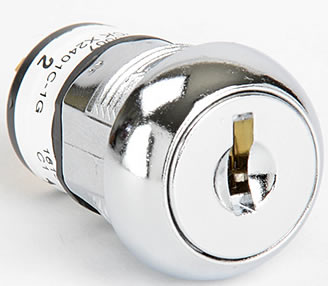 Locks
Locks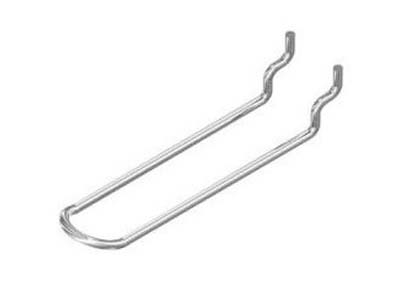 WIre Hooks
WIre Hooks Castings & Forgings
Castings & Forgings Bulk Material Handling
Bulk Material Handling Electrical & Electronic Components
Electrical & Electronic Components Flow Instrumentation
Flow Instrumentation Hardware
Hardware Material Handling Equipment
Material Handling Equipment Metal Cutting Services
Metal Cutting Services Metal Forming Services
Metal Forming Services Metal Suppliers
Metal Suppliers Motion Control Products
Motion Control Products Plant & Facility Equipment
Plant & Facility Equipment Plant & Facility Supplies
Plant & Facility Supplies Plastic Molding Processes
Plastic Molding Processes Pumps & Valves
Pumps & Valves Recycling Equipment
Recycling Equipment Rubber Products & Services
Rubber Products & Services